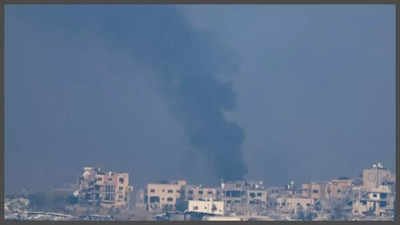
Israeli forces have intensified their operations in Gaza, leading to the deaths of over 60 Palestinians, including many at a UN-run school in the Nuseirat camp. This escalation follows Israel's targeted strike on Hamas' military leader, Mohammed Deif, which reportedly resulted in his death, though this remains unconfirmed by Israeli officials.
The US, Egypt, and Qatar are actively involved in negotiations for a cease-fire, proposing a three-phase plan that includes hostage releases and a cessation of hostilities. Despite these efforts, the conflict persists, with both sides suffering heavy losses and international concern mounting over the humanitarian crisis in Gaza.
US Secretary of State Antony Blinken has expressed concerns over Iran's involvement, warning that Iran-backed militias could escalate their attacks in the region. Blinken emphasized that the US does not seek conflict with Iran but will defend its interests decisively if provoked.
As the international community calls for a cease-fire, Israel's actions have faced criticism. UN Secretary-General Antonio Guterres highlighted the severe humanitarian impact of the ongoing conflict, urging both sides to prioritize civilian safety. However, Israeli officials maintain their stance on the necessity of military actions to neutralize Hamas threats and safeguard national security.
The situation remains complex, with diplomatic efforts continuing amidst ongoing violence. The international community watches closely as negotiations unfold, hoping for a resolution that can bring lasting peace to the region.
Topics
Spotlight
